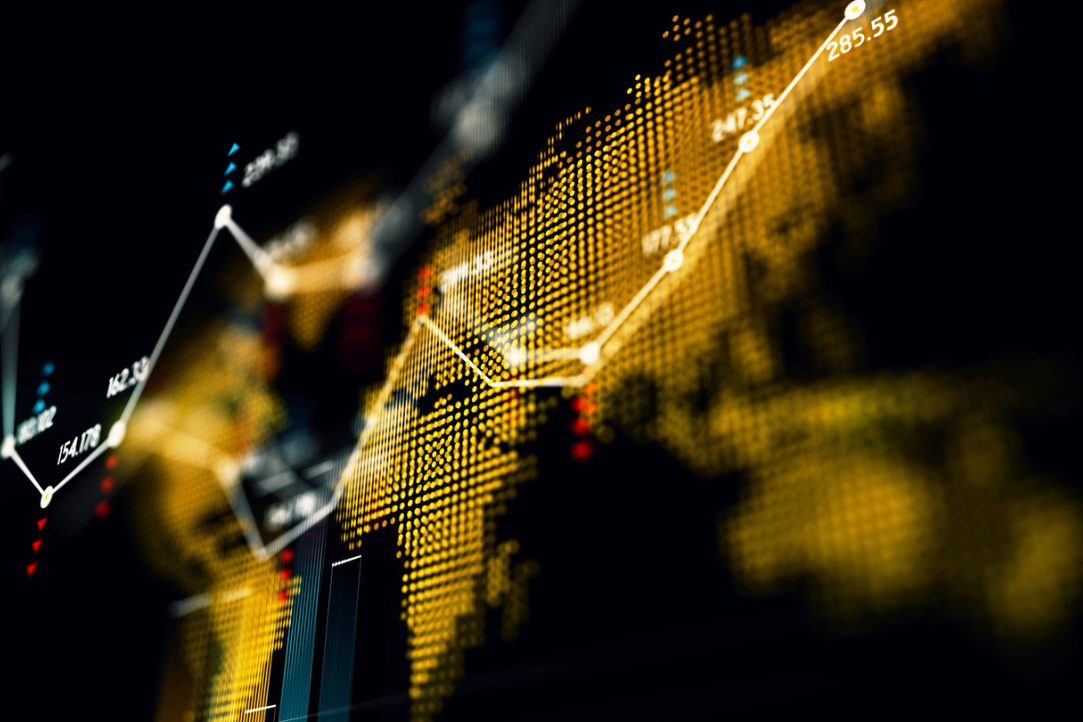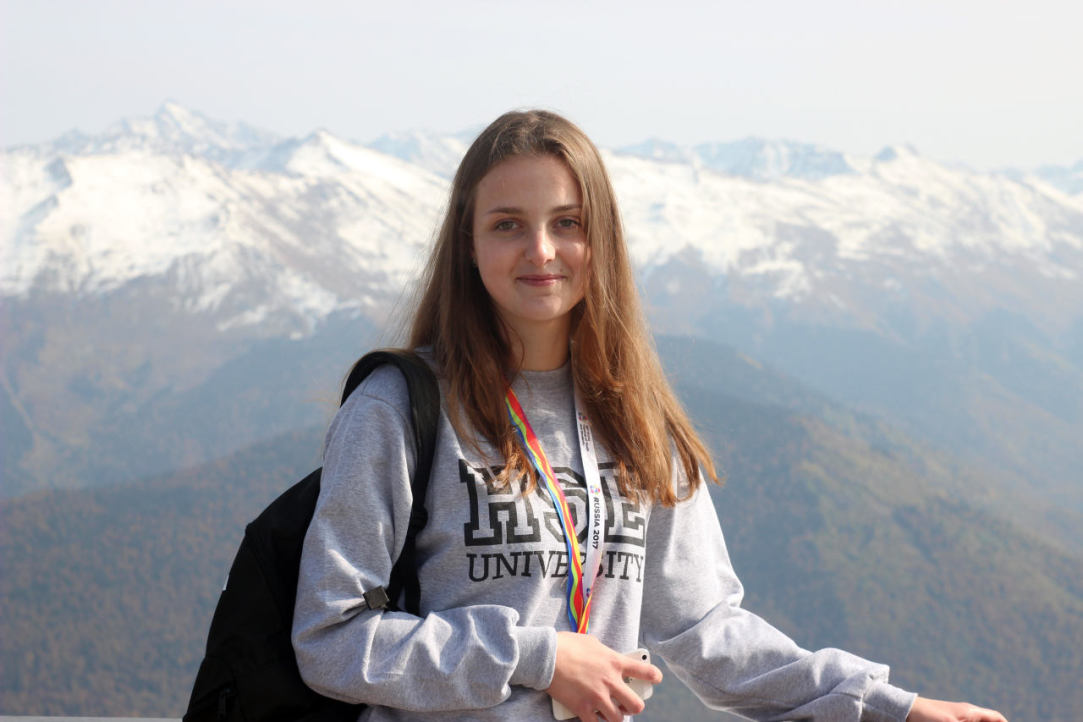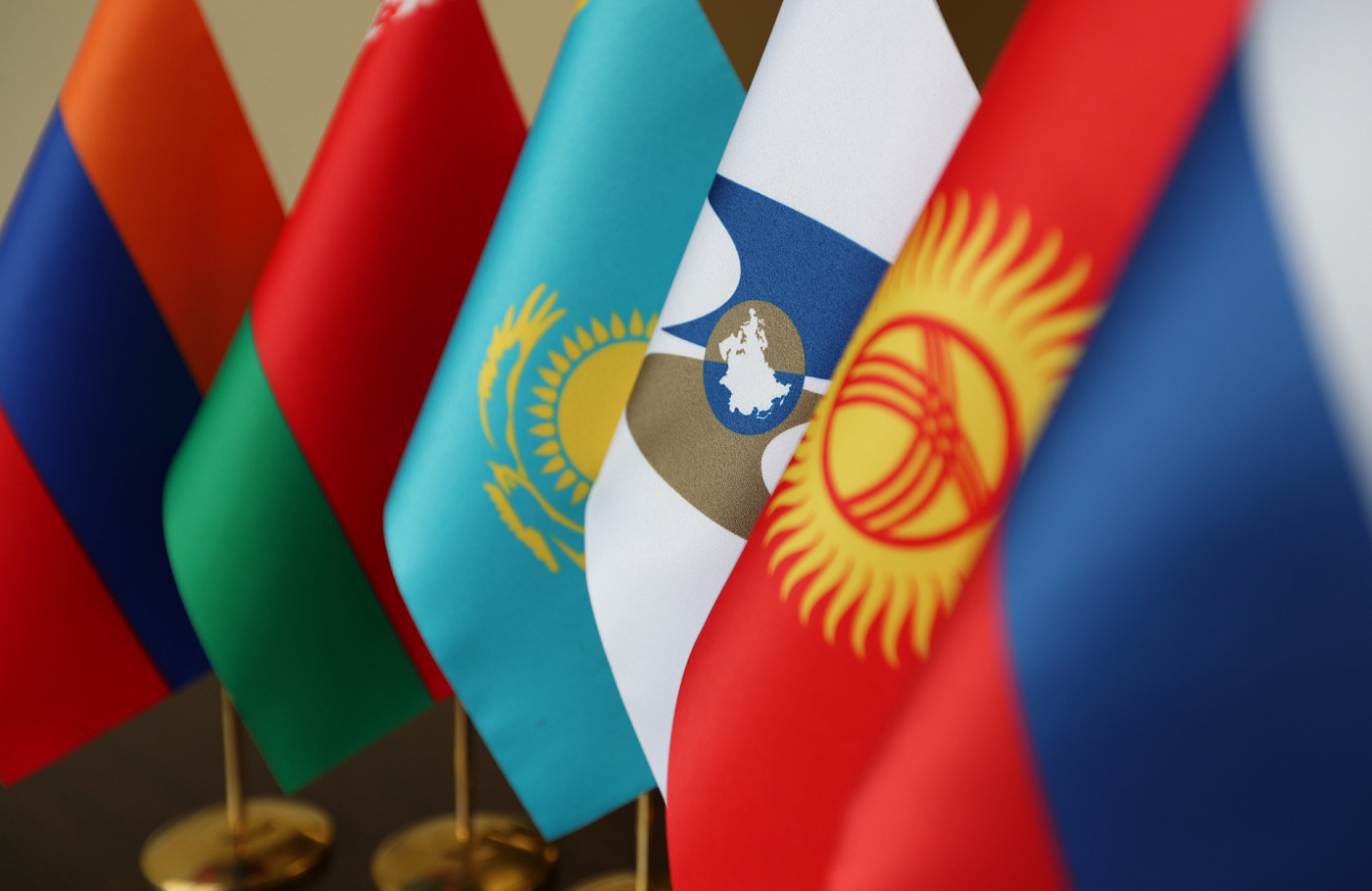Promoting Growth Instead of Mere Money Making

What constitutes an MDB
MDBs entered an active phase of their emergence in the 1940s after the Bretton Woods Conference. The first and largest in the history of MDBs is the World Bank, a treasury of expertise on funding a wide diversity of investment projects. There also exist smaller regional banks. These serve the needs of particular regions (one example is the New Development Bank for BRICS) and/or industries (the Asian Infrastructure Investment Bank boasts a wealth of expertise in infrastructure projects).

Daria pointed to the following features inherent in an MDB:
- MDBs have majority shareholding by sovereign states. Every state has its own procedure for interacting with MDBs. In Russia, for example, the executive authority over MDBs lies mainly with the Ministry of Finance.
- Supranational status grants MDBs a number of privileges, one being non-taxable operation.
- High credit rating. Since MDBs have majority shareholding by governments, they are funded federally and can thus issue funding on preferential terms.
- Accumulation of expertise throughout operation.
- Financial soundness and refundability. By allocating funds to MDBs, governments do not expect to make a profit. The funds that they invest return precisely in original amount in nominal terms.
- Additionality principle. Apart from low-cost project funding, MDBs generates for their shareholders high added value participation in projects in the form of accumulated expertise.
- Alignment with the UN agenda. MDBs conduct activities in accordance with the Sustainable Development Goals adopted by the United Nations in 2015.
The above features are what distinguishes MDBs from the commercial banks. “Multilateral development banks have as primary goal to promote growth, not money making,” said Daria Teterkina.
The world currently has about 30 major multilateral development banks. Their total assets stand at $3 trillion, or 4% of the global GDP as of the late 2022. In these assets, paid-up capital, i.e. actual contributions from shareholders (states), represents one third.
Russia’s current cooperation with MDBs
The responsibility for representing the Russian Federation in the MDB governing bodies lies mainly with the Ministry of Finance, particularly its Department of International Financial Relations. At the same time, in such large MDB as the World Bank Group, the Russian Federation is represented by Deputy Prime Minister Alexei Overchuk, with the Ministry of Finance providing expert guidance.
Russia currently holds shares in thirteen MDBs, ranking fifth in the world in terms of contributions ($29 billion, or 2.4%) after the EU, United Kingdom, United States, China, and India. However, after the events of 2022, there have been drastic changes in the terms existing for Russia as a partner to international development institutions.
In her presentation, Daria gave more details of Russia’s current cooperation with four largest MDBs in terms of assets — the World Bank Group (WBG), the Asian Infrastructure Investment Bank (AIIB), the Eurasian Development Bank (EDB), and the New Development Bank (NDB), where the Russian Federation acts as shareholder. Although its current project funding is not without obstacles, Russia maintains active membership in MDB board meetings, contributing to the decision-making on key international issues, enjoying access to project expertise, promoting project initiatives within the Eurasian Economic Union, and facilitating some non-trivial matters pertaining to its interests within MDB governing bodies.

When asked about what the scope of Ministry of Finance’s policing of MDB projects actually includes, Daria said: “Loosely, it goes like this: companies, or shareholders themselves as sovereigns, apply to the bank for funding of a certain project where a DB’s participation has high added value. Then, the project is submitted for consideration by the bank’s governing bodies. Our job here is to closely monitor all project activities a particular bank offers to carry out in our country and in other states. In case of Russia, its Finance Ministry plays the role of a counterparty to connect the Russian companies (contractors) with the multilateral development bank (investor).”
Why students seek jobs in Finance Ministry
Early career specialists go to public sector, in particular the Ministry of Finance, to gain the unique experience of handling unconventional tasks. That’s what attracts them in the first place. “Working here isn’t for money, it’s for the valuable experience of contributing to large-scale projects and the unique expertise that can become useful in further career,” said Daria. After working in the Ministry of Finance Department of International Financial Relations it is possible for many to join multilateral development banks.
Internships and financial analyst jobs are available to both students and grads. According to Daria, about half of her team have joined the Ministry right after graduation, which means that previous experience isn’t a must for candidates.
Daria said the skills and knowledge she received at ICEF had been a great help in her career: “ICEF offers a solid grounding in mathematics, econometrics, and modeling. It makes you a quick thinker who is able to streamline established workflows. Each stage of learning here brought new challenges, cultivating the ability of coping with demanding, unconventional tasks within short time. This does prepare one for performing workplace tasks of any complexity.”
The session with Daria Teterkina was one in a series of Meet the Grad events for ICEF master’s students. Earlier the students met with Kirill Klimov, a graduate of ICEF Master’s Programme, front-office quant at VTB, Director General at Vega Institute Foundation.